What is a Power of Attorney?
A Power of Attorney (POA) is a legal document that allows an individual, known as the principal, to appoint another person or entity, referred to as the agent or attorney-in-fact, to act on their behalf. The POA form can be customized depending on the scope and duration of the authority granted by the principal to the agent. It can address an array of situations, from financial and healthcare decisions to personal and business affairs.
Key Features
Why Should You Get a Power of Attorney?
Circumstances calling for a Power of Attorney form can vary widely. You may need it if you are planning to be out of the country and need someone to handle certain matters, or if you are physically or mentally incapable of managing your affairs. A POA is also useful in preparing for unexpected situations that might leave you incapacitated.
Pros & Cons
Pros
Cons
Common Uses for a Power of Attorney
Common Uses
About this document
A power of attorney is a document that allows someone to choose another person to make legal decisions on their behalf.
This document utilizes our advanced PassTheBar AI technology, ensuring bar-exam precision and comprehensive legal coverage.
This document is designed to comply with the laws of all 50 states.
Related Documents
Community Discussion
Share your experience and help others
Legal Notice: Comments are personal opinions and do not constitute legal advice. Always consult a qualified attorney for matters specific to your situation.
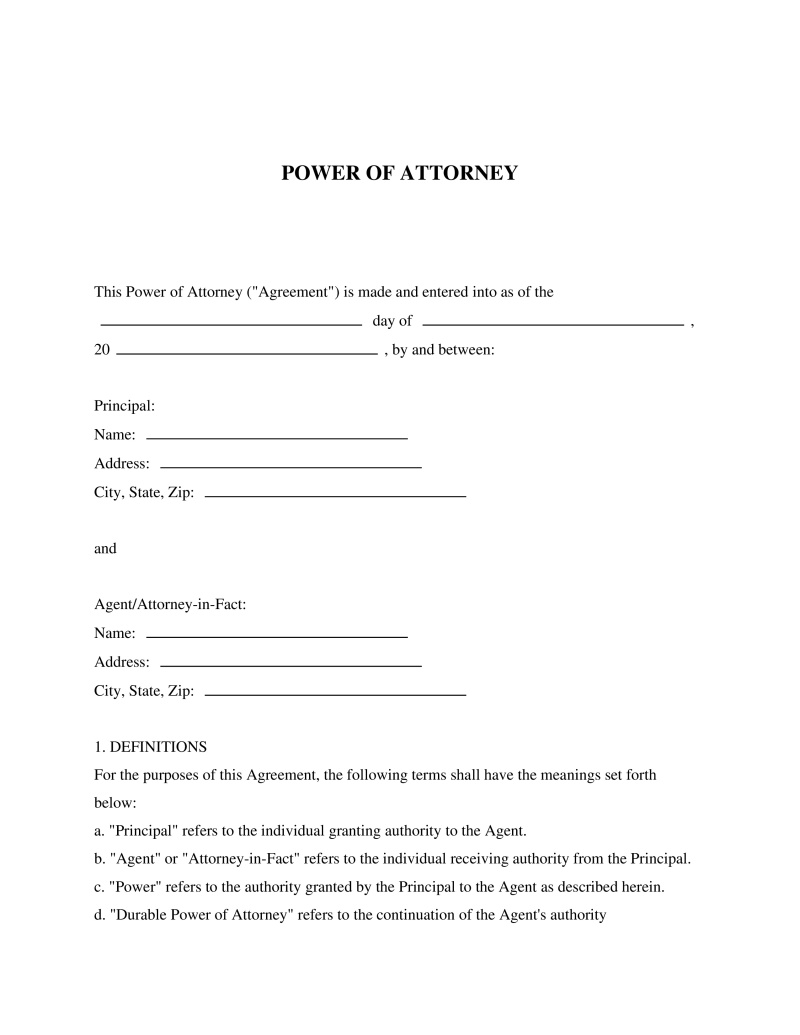
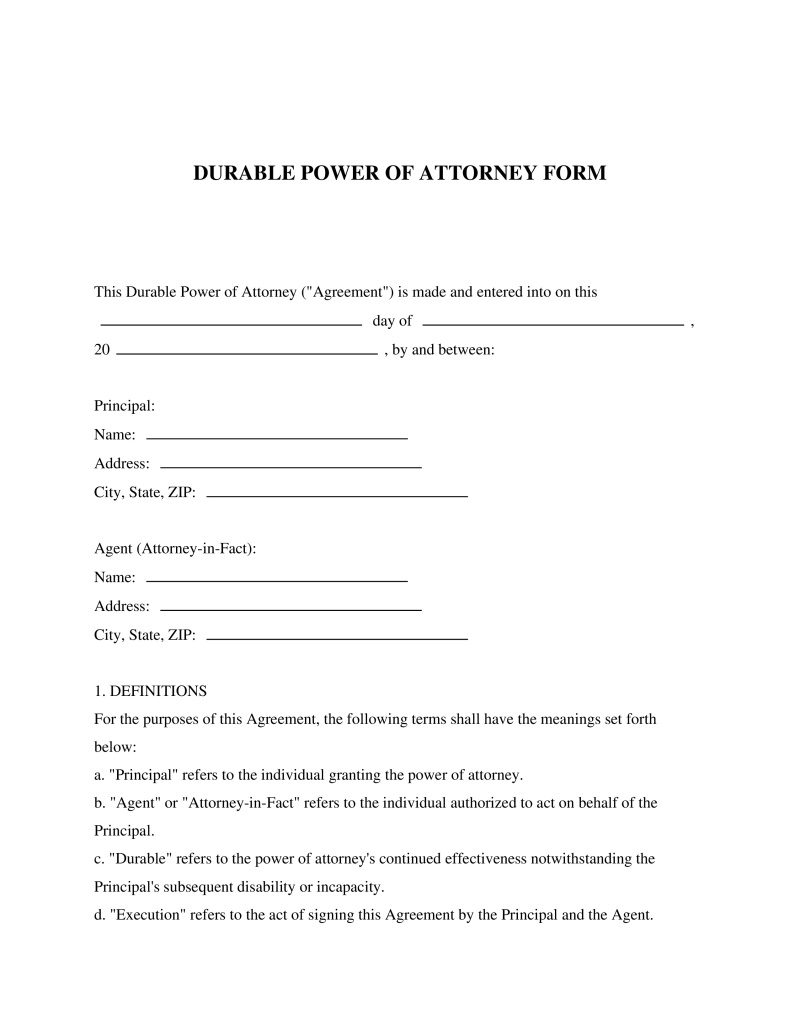
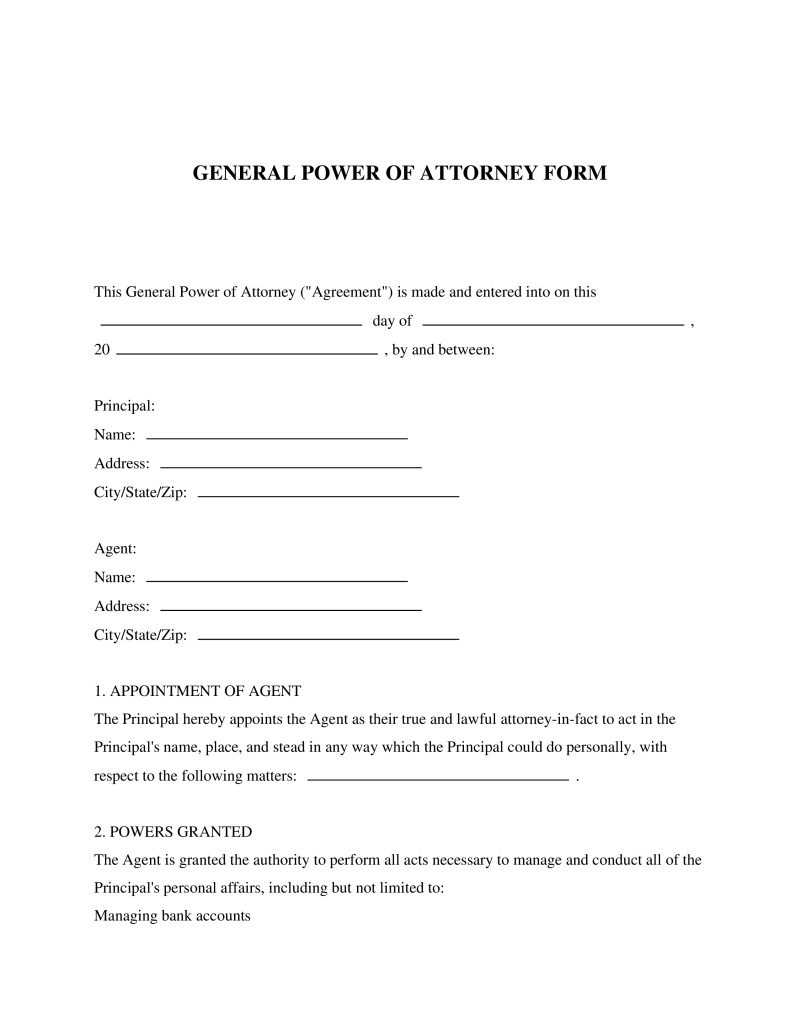
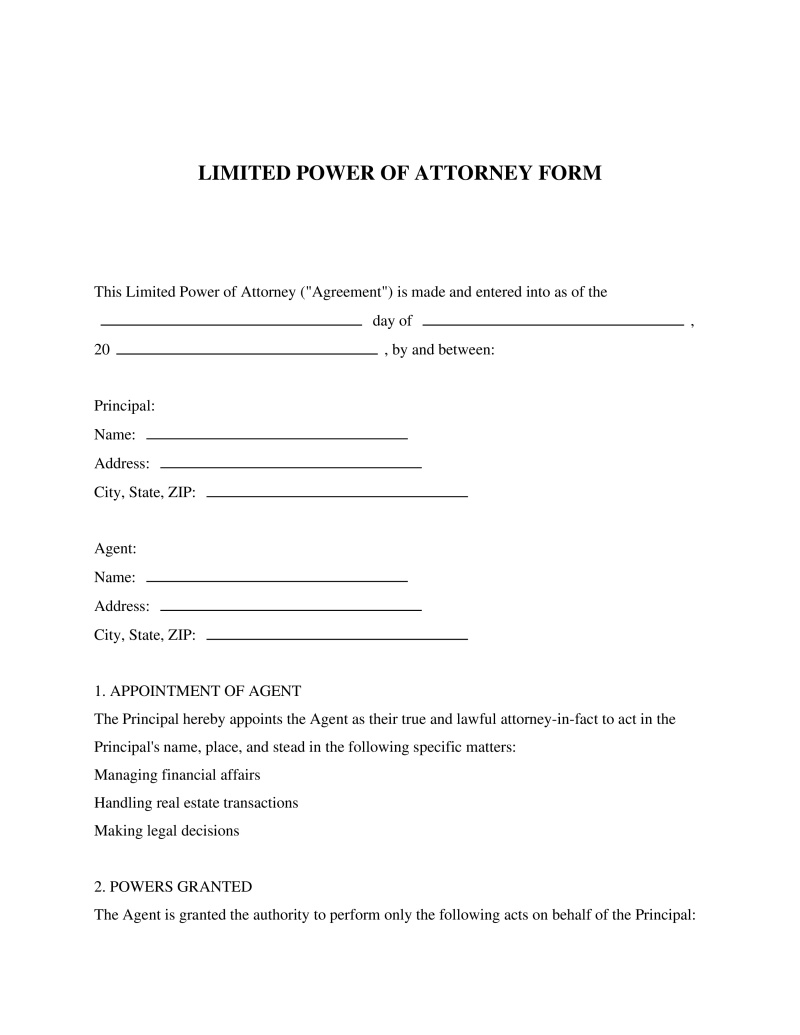
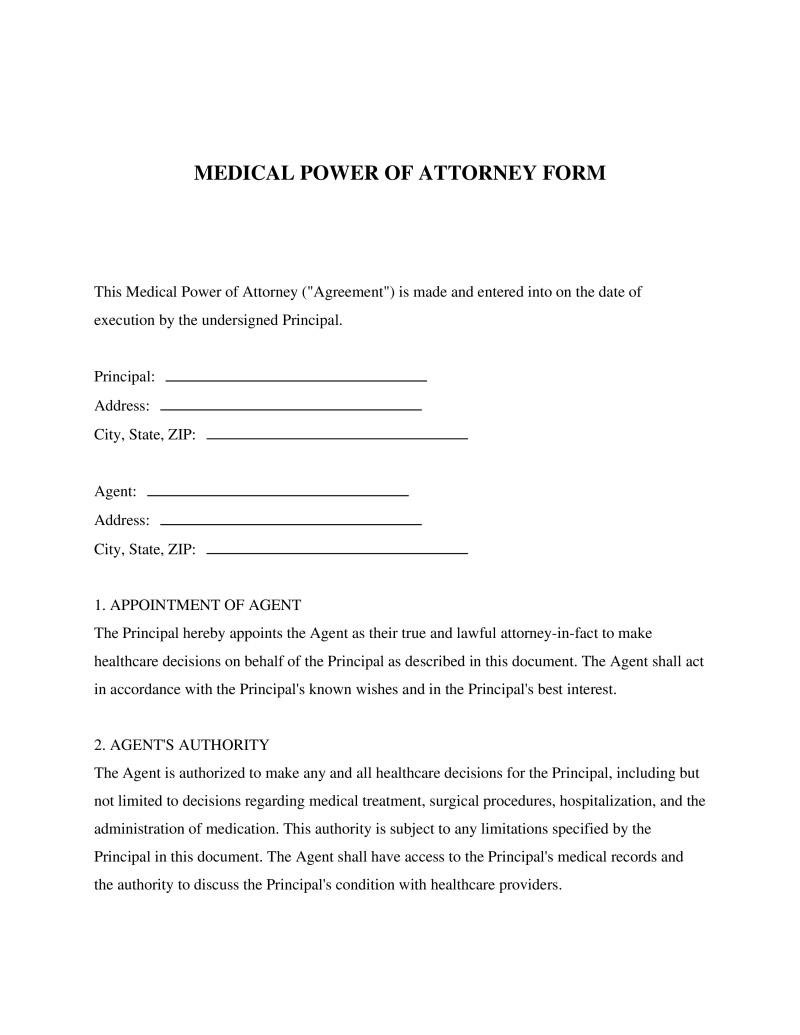
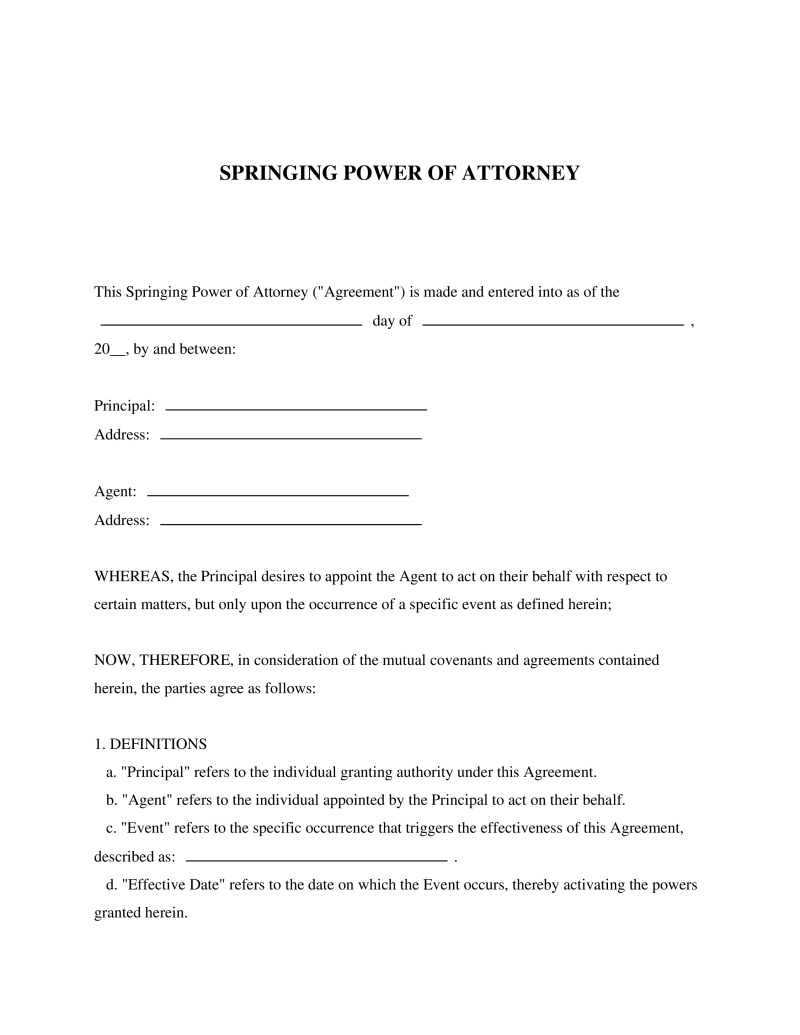
Comments (2)
Leave a Comment
Andrew Arsenault
1 week ago
Kindly confirm if your firm practices in the area of Business/Lease Agreement? As we intend to prepare a commercial lease agreement.